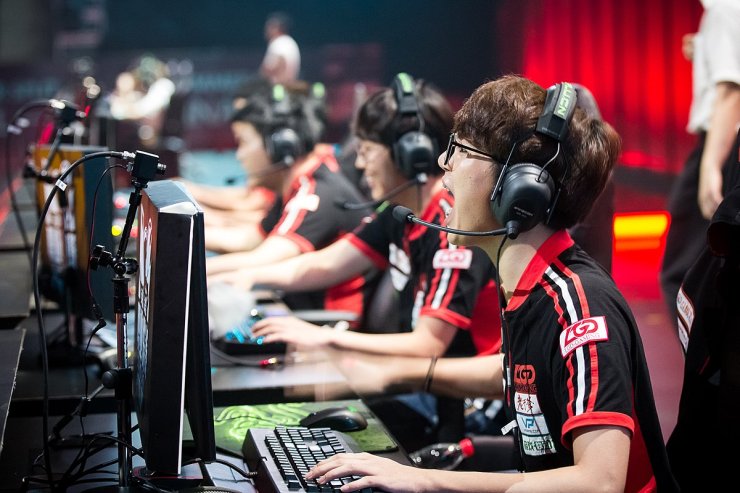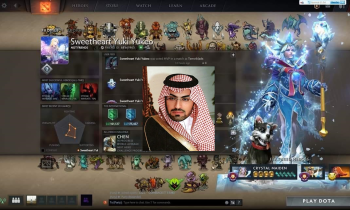Over the past decade, esports has grown from a small niche community to a global phenomenon, often boasting hundreds of millions of viewer hours per year across the biggest events which in turn bring in tens of thousands of viewers to the biggest events. The prize pools are growing, player fame is growing, and the recognition that esports brings has grown too.

Streaming has become synonymous with esports too, the biggest players regularly stream to a large audience and the biggest events are streamed for free on platforms like Twitch. As the streaming platforms have evolved to include platforms like Youtube Gaming, Kick, and of course Twitch too, so have the interests for streamed content. Fans can tune in to watch the latest esports titles, or even something more casual as games like those found at Limitless Casino can often be found streamed, particularly through the likes of Kick.
Whilst the free streaming has benefited the viewer, it has had a huge drawback on the esports industry as a whole, as over the past couple of years it has become increasingly apparent that many of the big organizations are finding it difficult to stay profitable. Merch sales and content creation can only go so far, and with teams that aren’t able to perform in the way that brings in huge prize money, it’s a venture that has shown to lose money.
Combined with sponsorships that are both unreliable in light of what happened with FTX for example, big orgs are looking for a way to continue funding their teams and their organizations but are fighting something of a losing battle as costs continue to increase and potential return continues to decline.
One suggestion that has been around for as long as esports itself has come from the monetization of the streams, following the path of other large traditional sporting events, a pay-per-view or pay-to-support a team structure has been suggested as a way to get some money back towards the teams. When looking at other sports, football in the UK for example, broadcasters pay billions per year to acquire the rights to broadcast the games, and whilst esports is a long way off demanding billions for broadcasting rights, it’s currently an area that is all but unexplored.
It isn’t as easy as it sounds however, research has always suggested that the esports fans will be unwilling in large part to pay to view the events and games that are offered, after all these games and events have been available for free for a long time, and with any existing subscription going directly to the likes of Riot, an individual streamer, or back to Twitch, the current paid model does not offer anything to the big teams hoping to get something back.
With the way esports is growing, something certainly needs to be done to make a change however as the current path isn’t sustainable. Evil Geniuses recently announced their players would be made free agents after winning a major event in Valorant, TSM as one of the old-guard orgs have been releasing teams from different games as they’re unable to support them, and the number of teams being represented across a huge number of different esports titles is slowly shrinking as it becomes less viable to support a large roster where there isn’t the financial backing to support it all.










Comments